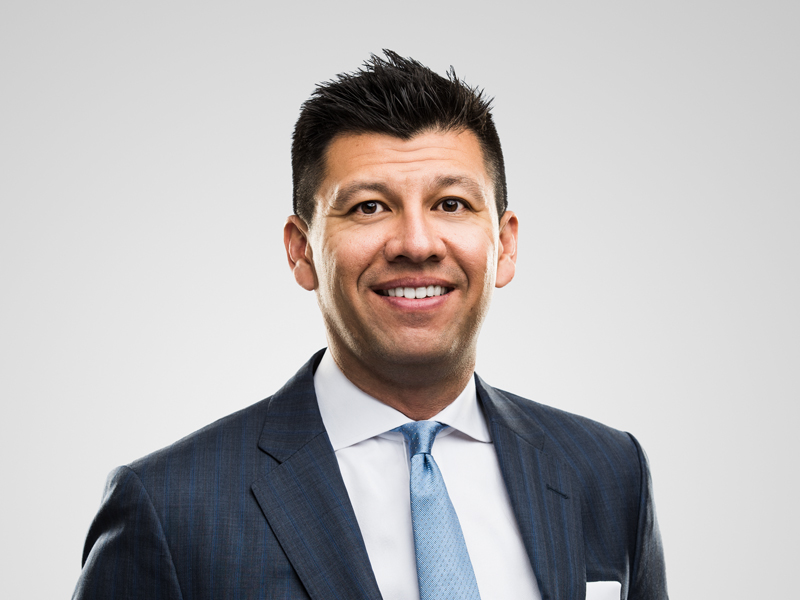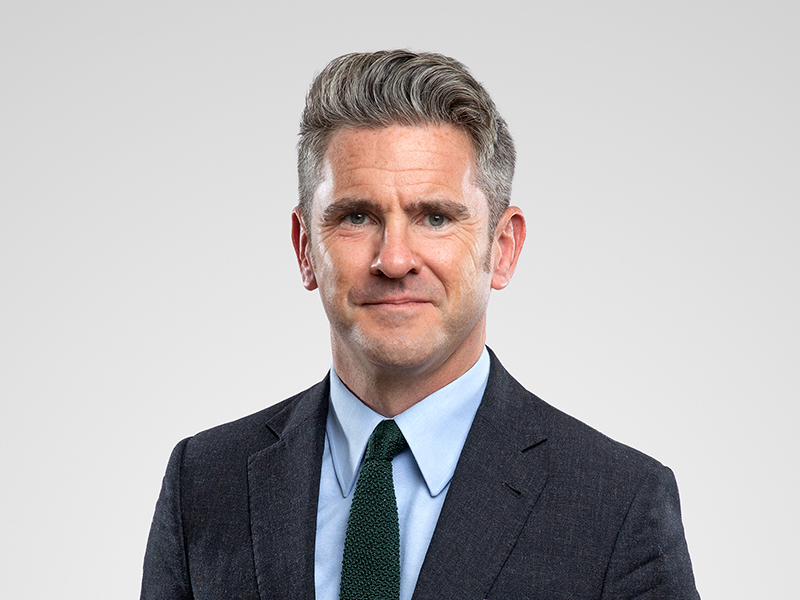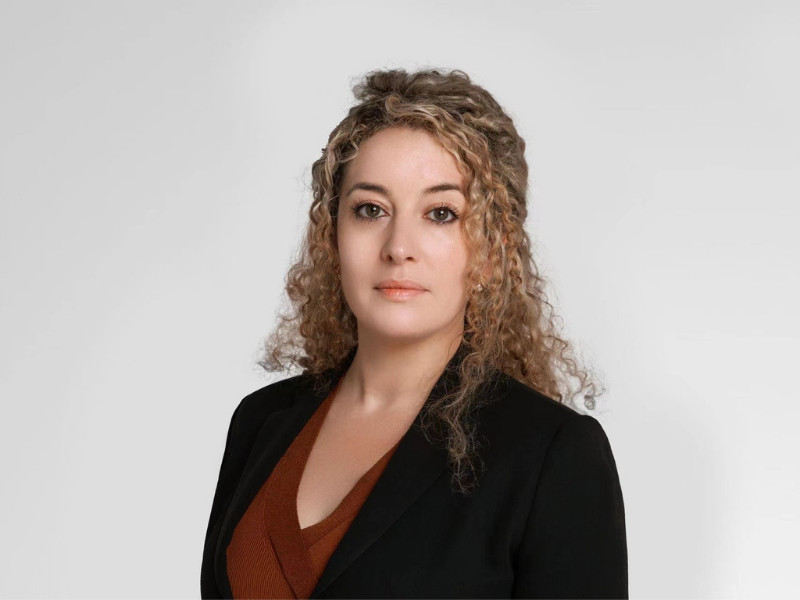Shareholder Activism Offshore: Q4 2017 activity leading to active 2018

An activist shareholder uses its equity stake in a corporation to put public pressure on its management. Shareholder activism is an attractive means of launching a campaign compared to a more costly and difficult process of a full takeover.
2017 saw remarkable growth in shareholder activism in contradistinction to the popularity of passive index tracker funds. Since the global financial crisis in 2008 activist investing has been on a sharp increase. It is estimated by the end of the third quarter of 2017 worldwide activist positions have already totaled US$45 billion compared to nearly US$25 billion for the whole of 2016. US activists have also stormed the European market with US$9.9 billion invested on new campaigns. This is a sharp increase on the US$2 billion invested in 2016. The improved economic outlook in Europe and declining political risks will no doubt see the popularity of these campaigns increase in 2018, especially considering funds are up about 12 per cent for the year according to Preqin data.
- Nelson Peltz was granted a board room seat in Procter & Gamble even though the final tally showed he lost by a few seats following a count which showed he had been elected. His activist campaign with Procter & Gamble was the biggest activist fight of the year.
- Elsewhere in Europe Elliott Management Corporation, has been busy launching numerous activist campaigns. It targeted Akso Nobel, BHP Billiton and Acronic. In the battle with the Acronic, the company settled following an offer of board seats. This offer followed a difficult scenario where the former CEO of Acronic had written a letter to the founder of Elliott Management, Paul Singer.
- In another titanic battle Unilever managed to successfully fend off an approach from their US rival Kraft Heinz who was backed by the investment firm 3G Capital.
- Other American activists making waves in Europe was Dan Loeb’s Third point, Keith Meister’s Corvex and Scott Ferguson’s Sachem Head. Even the largest companies in Europe are not immune to shareholder activism. Dan Loeb’s Third point purchased a stake in Nestle and has now amassed a US$3.5 billion stake in the company. Sir Christopher Hohn’s TCI fund also had the rather unusual campaign where it unsuccessfully tried to retain the departing CEO of the London Stock Exchange, Xavier Rolet.
- In Asia, the most prominent of the shareholder activism cases concerned the Bank of East Asia where Mr. Paul Singer’s Elliott Management Corporation was busy again. The CEO of Bank of East Asia, Sir David Li Kwok-Po was determined to fight off the challenge of Mr. Singer. Elliott Management Corporation owned 8 per cent of the banks outstanding shares and was seeking a sale of the bank.
American investors sometimes complain about their rights in Chinese companies listed in the United States. One such company was Sina, an internet company incorporated in the Cayman Islands which managed to fend off Aristeia Capital, an American hedge fund, by winning a proxy fight at the end of 2017. This hedge fund attempted to seek changes to Sina’s business strategy in China. Such activists’ campaigns have been relatively rare in the Asian market but there is no doubt 2018 is going to be an interesting year in Asia for activist campaigns.





